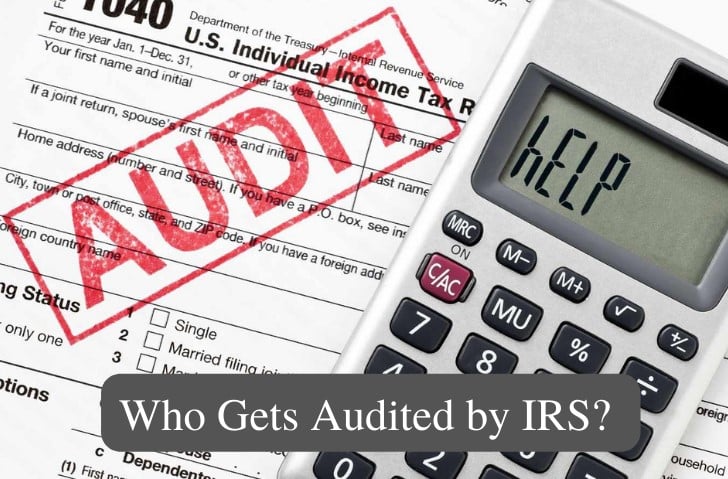A new report by Syracuse University’s Transactional Records Access Clearinghouse (TRAC), a nonprofit data and research gathering organization, found that the IRS may target low income earners more often than high income earners for an audit. Indeed, during FY 2022, the odds a millionaire was audited by an IRS revenue agent was just 1.1 percent while low-income families have a 1.27% audit rate.
The IRS may target low-income earners more often than high income earners for an audit for several reasons.
First, the IRS has limited resources and may prioritize auditing individuals or businesses that are more likely to owe taxes (low hanging fruit). Low-income earners may have fewer financial resources to hire tax professionals to assist with compliance.
Second, the IRS often targets specific industries or groups of people. For example, individuals who work in the gig economy, such as ride-sharing drivers or freelancers, may have a higher probability of being audited as they may be more likely to underreport their income. In addition, they may target industries that may have a lot of expenses or transact more with cash.
Third, the IRS may use data analytics to identify patterns of tax fraud or non-compliance among low- income earners. These patterns may include deductions or credits that are out of line with normal income levels or discrepancies between reported income and reported expenses.
Fourth, the IRS may target low-income earners with the Earned Income Tax Credit (EITC) credit more often because it is commonly claimed by low-income taxpayers, and it is also a common area for errors or fraud.
It’s important to note that being audited does not necessarily mean that a person has done something wrong. It is just a way for the government to ensure that people are following tax laws and paying the correct amount of taxes. However, low-income earners may be more vulnerable to the financial and emotional stress of an audit.
And the question remains, should these low-income families be the ones targeted when millionaires are responsible dollar wise for most tax under-reporting? The simple answer is yes, and it all comes down to resources and time. The IRS is a government agency. Not unlike any other Government agency, they are limited in funding and staffing. Due to this and the reasons mentioned above, it is much easier and faster to recover from taxpayers with limited resources than those that can hire professionals on their behalf to assist them with an IRS audit.
It’s crucial that low-income earners ensure that their tax returns are accurate and complete to avoid an audit and can consult with a tax professional if they have any doubts. There are many free or affordable resources available to assist with accounting and tax return preparation.
If you have additional questions, especially on how to legally minimize your taxes, make sure to contact us for answers.

